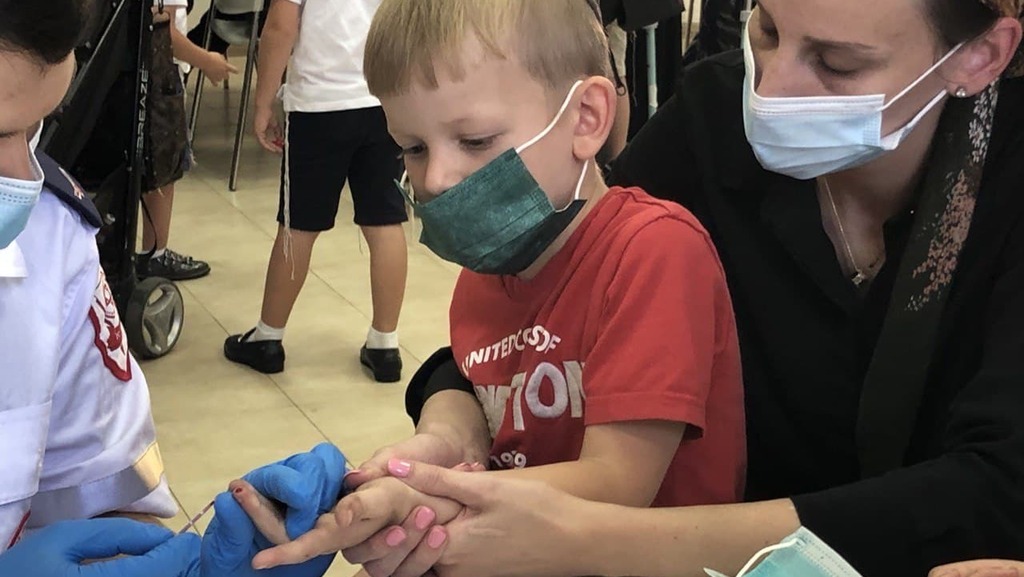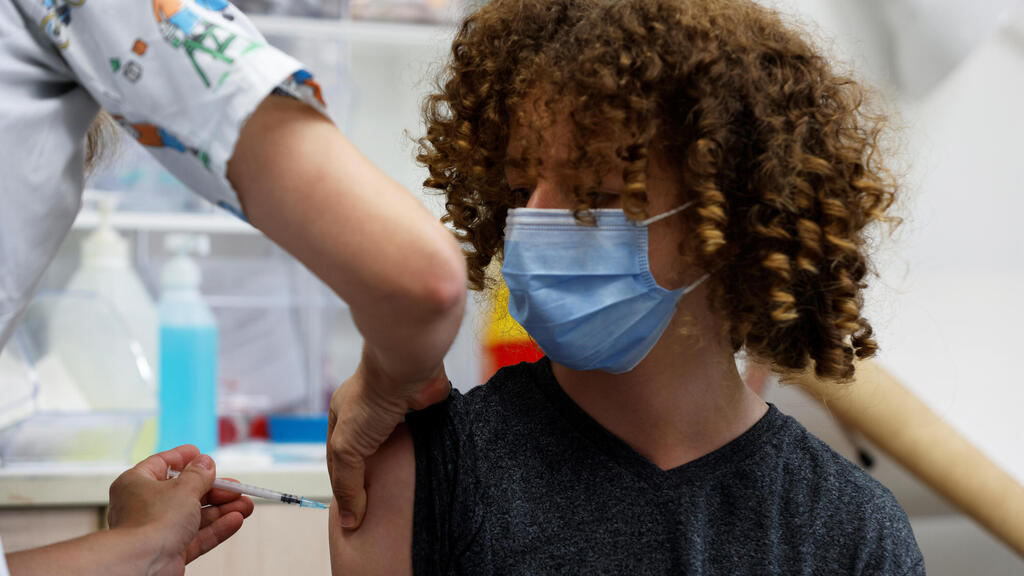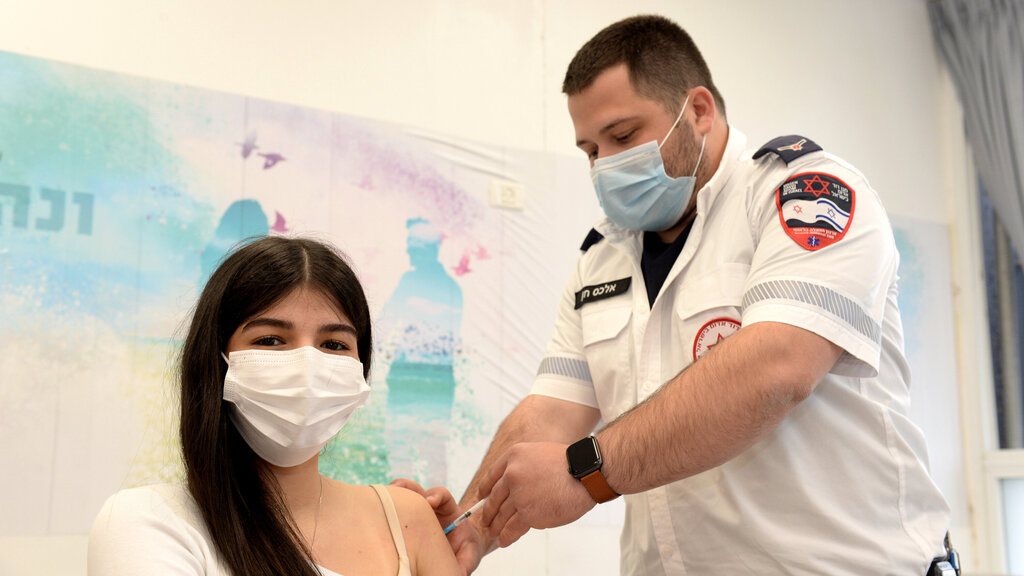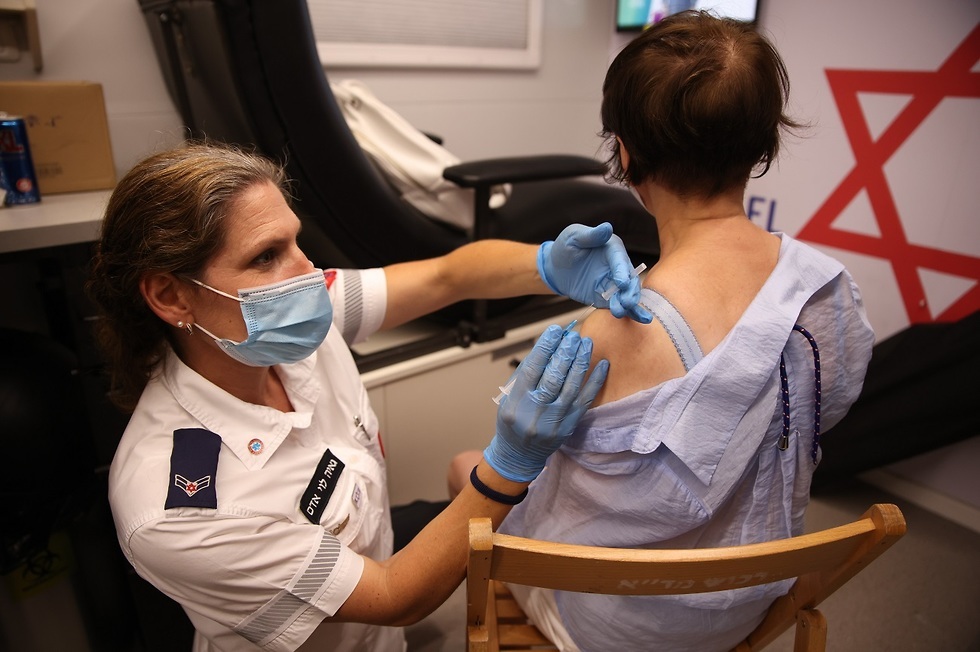The U.S. Food and Drug Administration finally approved the use of Pfizer’s COVID vaccine for children aged 5-11.
The move is an important cornerstone and a tiebreaker in the ongoing fight against the global coronavirus pandemic, at least until a vaccine-resistant variant of the pathogen pops up somewhere.
Now, it's more important than ever to vaccinate our youngest population against the pathogen. The reopening of schools saw the number of daily COVID infections spike, with the majority of cases over the last few month being students below the age of 19.
The spike has been attributed to the lower immunization rates among these age groups, as well as to the faster spread of the Delta variant, which is far more infectious than previous COVID strains.
Dozens have been hospitalized in recent weeks after suffering post-COVID symptoms, sometimes life threatening, while hundreds more are suffering from aftereffects of the illness that will likely never completely go away.
Vaccinating young children will likely prevent these complications and allow our children to return to a healthy routine.
The data published in recent days regarding the vaccine is encouraging.
Late Saturday, FDA experts published a preliminary opinion, according to which the vaccine is safe and effective for children as well.
The inoculation of more than half of 12-15-year-olds and 85% of all 16-19-year-olds in Israel has also proven that the vaccine is generally safe, at least in the short term.
And yet, we cannot ignore the tough questions the parents may have.
The majority of young COVID patients suffer from mild symptoms. In such a situation, where the pathogen presents nothing more than a small discomfort, we must be more than 100% sure that the vaccine is safe.
Then, there’s the vaccine's side effects, two of which are inflammation of the heart muscle and the pericardium. And while they may be rare, they cannot be ignored.
As per the Health Ministry’s data, the Israeli population’s herd immunity - reached thanks to the booster shot campaign - also extends to our unvaccinated children, which seemingly makes it unnecessary to vaccinate them.
All of the above will surely be brought up in the public discourse that will follow the FDA’s decision.
Those opposing the vaccines will most likely step-up their game and start spreading fake news regarding the inoculation’s "threatening" side effects, which the government will then have to counter and disprove with a rigorous campaign.
In the U.S., the government has already announced its intention to move the children's vaccination campaign to small and accessible spaces, such as children's clinics and schools, which parents trust.
Israel’s COVID information headquarters, meanwhile, has yet to release information on how it is preparing to deal with this contentious issue.
One initiative proposed by the government is to try and essentially force parents to vaccinate their children by threatening to take away their Green Pass if their children's serological test - which checks one’s antibody levels for past infections - returns with unsatisfactory results.
4 View gallery


A child undergoing a serological test to determine COVID anti-body levels
(Photo: Gil Yohanan)
This is hardly the way to gain the parents' trust. Parents, after all, will gladly cross any boundary and break any law to keep their children safe.
The government's other initiative offered students the chance to receive the vaccine in schools, but that was essentially foiled by Education Minister Yifat Shasha-Biton.
If the government wants to get parents to vaccinate their children, or at least seriously consider it, it must adopt a serious and honest approach that lays all the information down on the table.
Only an honest approach - coupled with an-all-out war on the fake news on social media - will give the parents the tools required to make a proper and informed decision on their child’s wellbeing.




